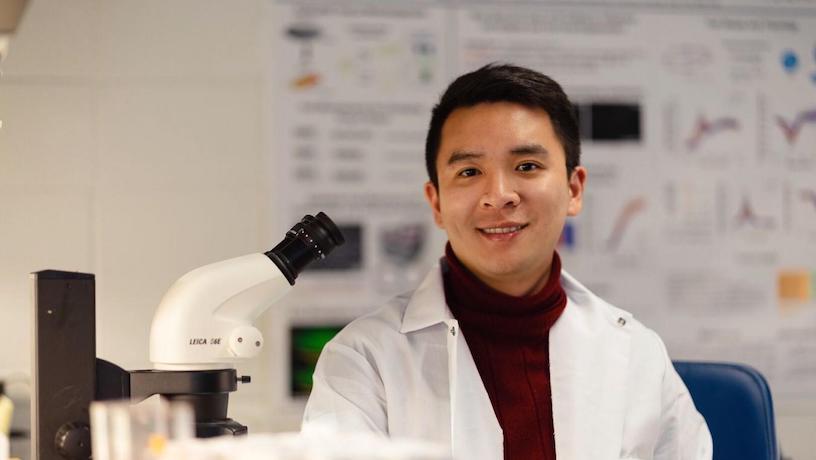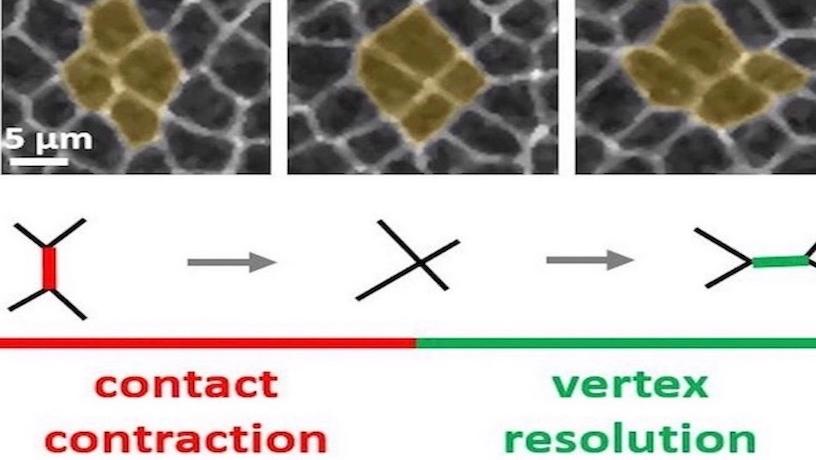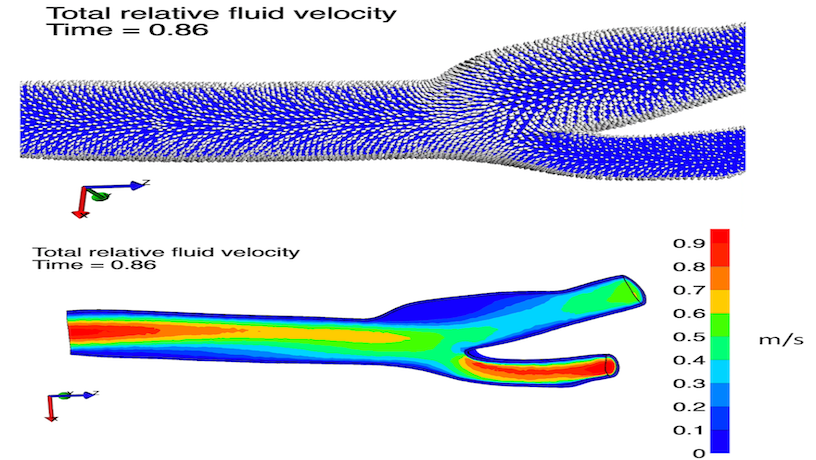Mechanical Engineering Students With Conference Recognition
The Summer Biomechanics, Bioengineering and Biotransport Conference (SB3C) is a high-quality multidisciplinary annual meeting organized in conjunction with the Bioengineering Division (BED) of the American Society of Mechanical Engineers (ASME). Formerly known as the Summer Bioengineering Conference (SBC) which began in 1993, SB3C has a long history to be the platform for the interaction and integration of engineering principles and contemporary biological concepts. Consisting of oral talks, poster presentations, student competitions, networking events, and diversity-driven mentoring programs, SB3C is a great opportunity to strengthen the community for all levels. As one of the most popular elements of SB3C, the ASME Student Paper Competition includes all three educational levels (BS, MS, PhD) and all technical areas. Final scores are based on the abstract review scores and on the presentation during the conference. Only the top 36 abstracts scored at the PhD level are invited to speak as finalists in one of the six sessions. Each session has 1st, 2nd and 3rd place winners. This year, 36 papers were selected to the PhD competition out of 213 submissions.

Mr. Xun Wang

Confocal images (top) and schematic (bottom) of a cell rearrangement. Cell rearrangement timescale is modulated by cell-cell adhesion.
As a PhD-level competition finalist, Mr. Xun Wang from the Kasza Living Materials Lab presented his research work, co-authored with his supervisor Prof. Karen Kasza, on how cell-cell adhesion links cell rearrangement and cell shape during epithelial tissue morphogenesis. Based on the abstract, the presentation, and his performance during the Q&A, Mr. Xun Wang was awarded 1st place in his session.

The image shows a carotid bifurcated artery where we are modeling the fluid-structure interaction of blood flowing through the artery, where the arterial wall is now porous, such that fluid can also flow through it.

Mr. Jay Shim
Jay Shim, who is also a winner, was awarded 3rd place for formulating and implementing a new biphasic, or fluid-solid mixture, solver into FEBio, an open source and free finite element software specialized for modeling biological tissues. This new, more general biphasic solver can be interfaced with a viscous fluid while including dynamics and impact, which were previously not possible with existing solvers. As a result, this solver can analyze computationally challenging situations such as interstitial fluid flow from the cardiovascular system, traumatic brain injury, and wave propagation in porous materials.
